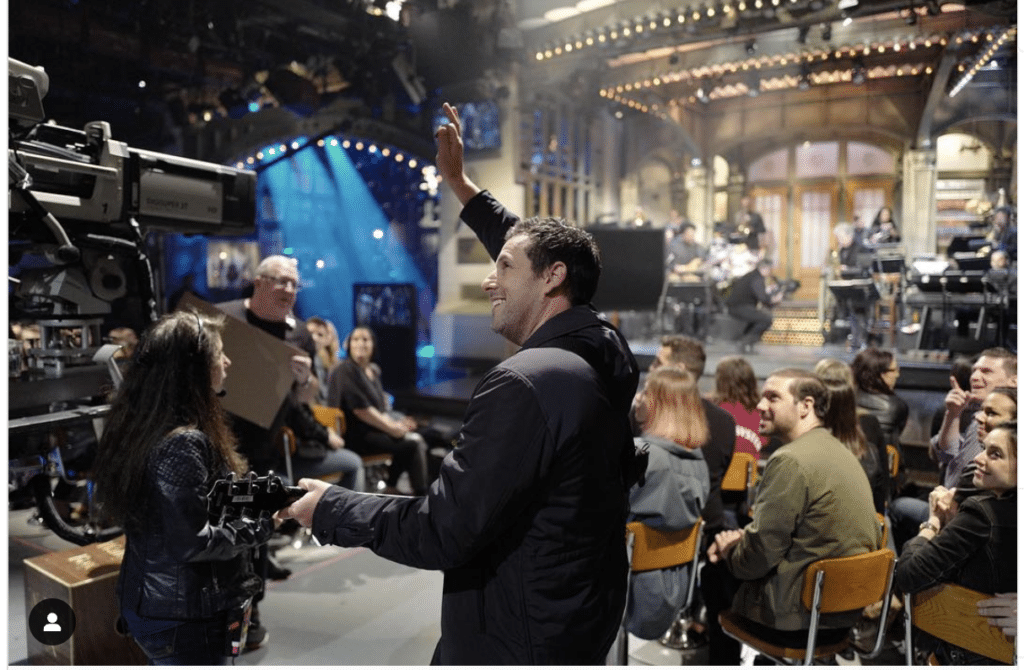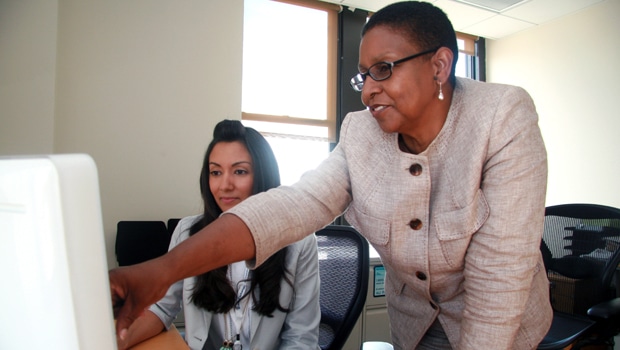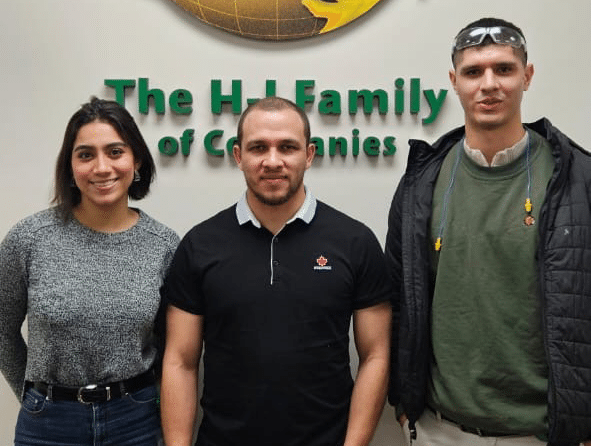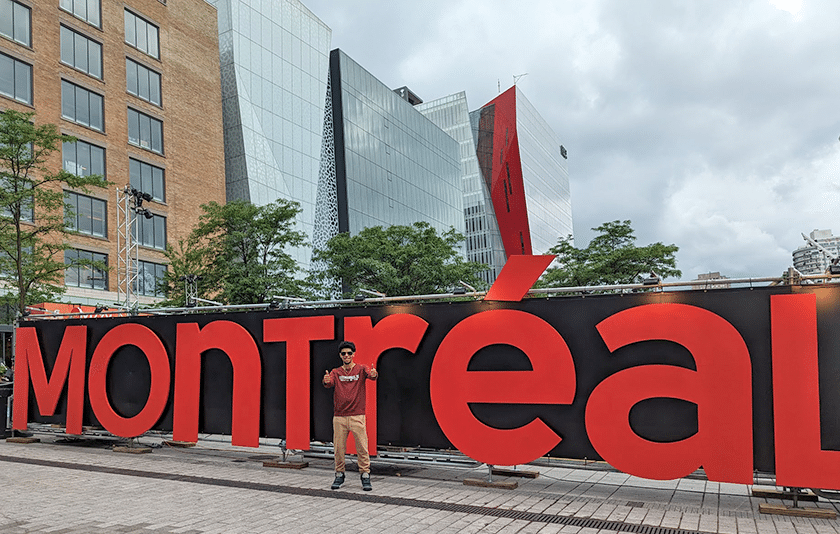
Personal change through travel isn’t automatic or inevitable. Adam Sandler seems to get this.
On his recent hosting gig for Saturday Night Live – his first time back on the show in nearly 25 years since he was a cast member – Sandler played a travel agent named Joe Romano. His namesake company, Romano Tours, offers trips to Italy for “people from all over the world, but mostly Long Island and Jersey.” When promoting his vacation packages, Sandler/Romano tries to temper expectations about the impact his trips might have:
- If you’re sad now, you might still feel sad there, okay? You’re still gonna be you on vacation.
Underneath the silliness of the skit is a broader point: travel doesn’t automatically open our minds and change our lives. Sandler/Romano continues by saying:
- If you are sad where you are, and then you get on a plane to Italy, the you in Italy will be the same sad you from before, just in a new place, does that make sense?
The point is that traveling to a new place is only the first step. To be truly changed by the experience, you have to open your mind and engage. But how does this happen? What factors influence whether we’re able to have the openness and engagement needed for a transformative experience?
One factor is structure – namely, group versus self. A group tour or study abroad experience will inhibit deep cultural engagement. When we’re surrounded by others like us, with whom we feel comfortable, we’re much less likely to stray beyond and take a risk. By contrast, if we’re traveling on our own, or studying independently, we’re forced to take risks and interact with the culture and people around us. This deeper engagement will result in a more transformative experience.
Another key element is length of time. On a weeklong vacation, there’s only so much engagement that’s possible, despite best efforts. Living or studying in a country for a year or more, however, creates far more opportunities for in-depth engagement with the people and culture. As a Harvard Business Review study showed, MBA students who spent almost three years living abroad reported far greater personal transformation via boosted self concept clarity than those who lived abroad for shorter times, or traveled to many countries but only for short periods. Depth of experience, not breadth, creates personal transformation.
Yet another factor is a personal approach to travel. Is your motivation for travel anchored in pleasure and seeking out “familiarity” via more approachable destinations, hotels, foods, and sites of interest? Or is your motivation rooted in the discovery of the new, the disruption of routines, and personal adventure? Neither is right or wrong, but the latter leads to a more in-depth and personally “authentic” experience.
And it seems that many travelers are seeking the depth that comes with disruption. A recently-released report from Culture Trip, Beyond Borders: The Evolution of Travel, showed that 42% of survey respondents (who had traveled within the last three months) actively avoid heavily touristed, “familiar” locations. Similarly, 74% still want to see classic sites, but 52% of that group want to have the experience “on their own terms.”
A final factor is generational. The customers depicted in the SNL skit are portrayed to be of an older generation (let’s say about 55 and above). That generation came of age in a less connected and multicultural environment than millenials and Gen Z, and are less likely to be confident stepping outside their comfort zones in another country, culture, and language. Younger travelers, on the other hand, are more likely to exhibit a comfort with such ambiguity and risk-taking. The same Culture Trip report showed that 68% of respondents think it’s worth taking risks when traveling – but a whopping 81% of those who think that are under 35.
But generation can cut both ways. While younger people may be more likely to take risks, they are also far more likely to prioritize sharing the experience on social media. According to Ypulse, 74% of GenZers would rather spend their money on experiences than on products. And 9 out of 10 want to share photos of those experiences. The transformation that can occur through the risk of seeking authentic experiences can be greatly undercut by a focus on sharing the experiences rather than just having them.
It’s all fascinating food for thought, and we have the man who created intellectual giants like Billy Madison and Happy Gilmore to thank for spurring the discussion.




